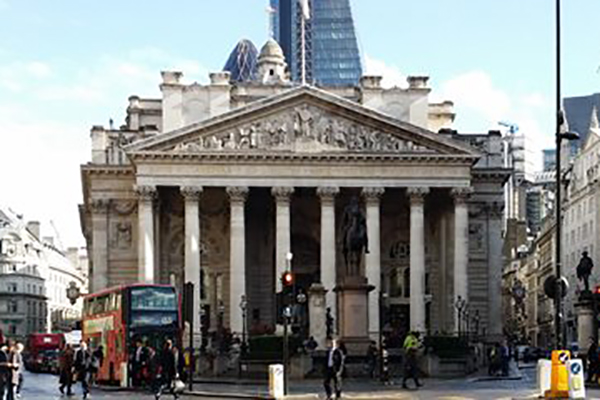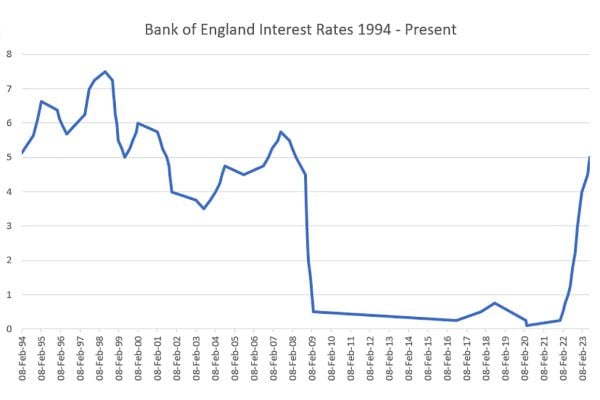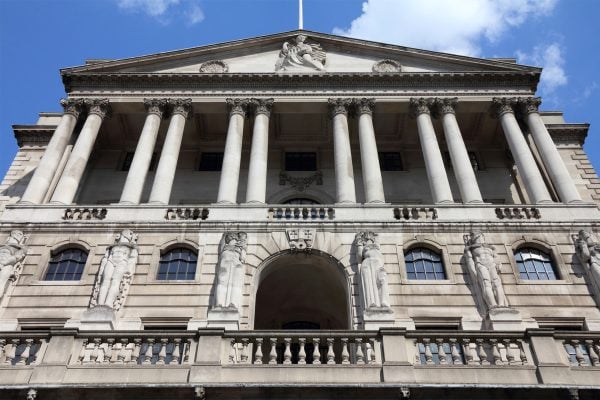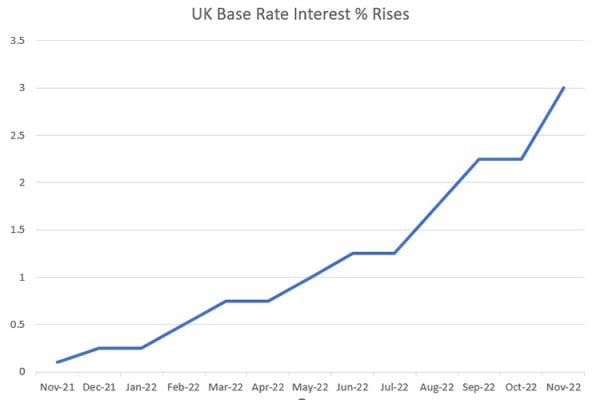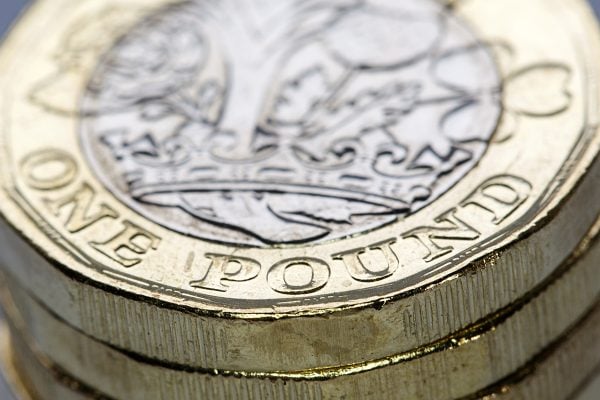The Bank of England’s Monetary Policy Committee has voted by 8 to 1 to raise interest rates by 0.5% from 1.25%, to a 1.75% Interest Rate with a recession forecast. The one member who voted against the raise favoured a 0.25% increase in the Bank Rate. It has been almost three decades since we’ve seen a half percent interest rate rise.
GDP growth in the United Kingdom is slowing. The latest rise in gas prices has led to another significant deterioration in the outlook for activity in the United Kingdom and the rest of Europe. The United Kingdom is now projected to enter recession from the fourth quarter of this year. Real household post-tax income is projected to fall sharply in 2022 and 2023, while consumption growth turns negative.
– Monetary Policy Committee
For businesses the 1.75% Interest Rate is a double blow of an increased cost of borrowing against a backdrop of costs spiking. This can only lead through to higher prices for consumers and that’s going to continue to drive inflation.
The Bank of England pretty much accepts that household incomes will drop in real terms meaning we’ll all be worse off – especially as rising fuel prices will continue to put ever increasing pressure on households this coming winter. Those with mortgages on variable or tracker rates will start to feel the pinch and it will be a bumpy road with inflation not expected to be back to 2% in the short term – the aim of the Bank in the face of current economic shocks is to bring inflation back on target in the medium term (two years).
With households already forced to cut back on spending and consider changing buyer behaviour from premium brands to economy or shop refurbished or preloved instead of new, it might be expected that consumers already curbing spending would already be having the same effect as a rise to a 1.75% Interest Rate. The problem is that the Bank of England are predicting inflation to exceed 13% and still be at 10% in twelve months time with recession starting in the fourth quarter and throughout 2023.
Realistically, the biggest single driver of inflation is fuel prices and all the time there’s a war in Ukraine that’s not going to change. As the EU try to ween themselves off Russian gas (and the UK cut the ~5% of our gas that comes from Russia), supply and demand will ensure prices continue to rise and that means inflation is here to stay in the short term, definitely through this coming winter when demand is highest.
The scale, pace and timing of any further changes in Bank Rate will reflect the Committee’s assessment of the economic outlook and inflationary pressures. The Committee will be particularly alert to indications of more persistent inflationary pressures, and warn that they will if necessary act forcefully in response.
